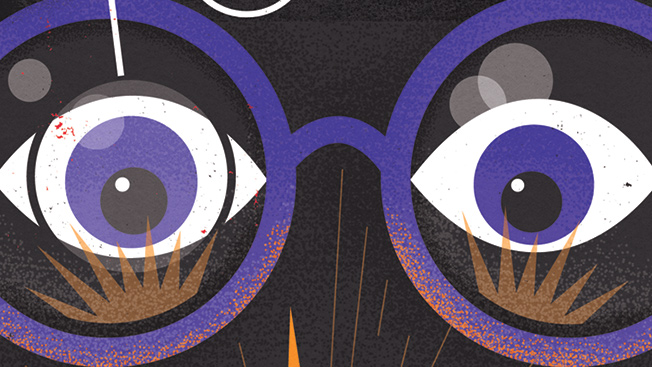Inspiration meets innovation at Brandweek, the ultimate marketing experience. Join industry luminaries, rising talent and strategic experts in Phoenix, Arizona this September 23–26 to assess challenges, develop solutions and create new pathways for growth. Register early to save.
In search of exponential returns for their customers, employees and shareholders, today’s most revolutionary companies aren’t innovative, they are inventive. They are the businesses committed to creating genuine firsts by taking invention beyond product development and carrying this mind-set through their entire organizations.
We’re seeing it play out at startups like Airbnb, which encourages every new employee to invent and test new features on his or her first day of work. This simple policy led a new designer to change the star icon used for favorite Airbnb listings to a heart, which increased consumer engagement by more than 30 percent and inspired a new product, Wish Lists. We’re also seeing it take shape at heritage brands like Levi Strauss, where its environmental team has been tasked with inventing ways to incorporate old materials, including plastic water bottles, into new clothing to make sustainable apparel cheaper to produce. The brand’s commitment to reducing its environmental impact has increased its net income by 135 percent.
Businesses are realizing that invention delivers a higher ROI because true firsts deliver the kind of impact necessary to create real competitive advantage. And as clients make big investments in product and service inventions, they deserve marketing as inventive as their products. Marketing inventions create high impact moments that are compelling and captivating and grab the attention of customers, distributors and even the world—creating a better return than just an innovative idea.
Shifting the paradigm from return on investment to return on invention, however, requires ambition and commitment. Dedicating an organization to an invention-first mind-set is reliant on more than just that belief. At kbs+, we’ve been pioneering an inventor culture by dedicating space and resources within the agency for inventive creativity and rapid prototyping.
As a result, our priority today is to help marketers reframe their challenges and think boldly about solutions through an invention lens. For example, when launching the first fragrance for cultural icon Jay-Z, dropping scent strips into magazines obviously wouldn’t suffice.
This past holiday season, we used an invention to capture the attention of shoppers in Manhattan during the busiest day of the year with a unique experience with Jay-Z’s Gold fragrance. We transformed Black Friday into Gold Friday with an interactive installation that used Microsoft Kinect and facial recognition technology to detect passersby and trigger a ripple in the fluid gold field. When viewers stopped to look at the display, their silhouette emerged out of the liquid metal simulation.
When we create inventions for our clients, they are more apt to take marketing risks in the future. Inventions also attract new clients, particularly those interested in breaking through with creative solutions that haven’t been seen before. Interestingly, you would think introducing the element of risk required in creating firsts into a client relationship would create strain. But because you are traversing new frontiers together—you must hold hands and trust each other—it has created deeper levels of collaboration and respect.
So what’s next on our invention journey? To encourage and support the inventors, makers and creators of tomorrow, Adweek and kbs+ have partnered to create the first Isaac+ Award, part of this year’s Adweek Project Isaac. Adweek and kbs+ will accept entries from students describing their most inventive ideas in a video submission (www.isaacawards.com). The winner will be given the opportunity to bring his or her invention to life within the agency, tapping resources including mentorship from senior leaders and the use of our tech shop for prototyping.
The winner will then be able to pitch kbs+ Ventures for funding to take the prototype to market as well as showcase it during Advertising Week in New York, including a special presentation at the 55th annual CLIO Awards.
Inventions require big beliefs, big actions and, often, big investments both in time and up-front resources. But without them, the future is less certain, less exciting and certainly much less rewarding.
Lori Senecal (@digitalori) is chairman and CEO, kirshenbaum bond senecal + partners.








